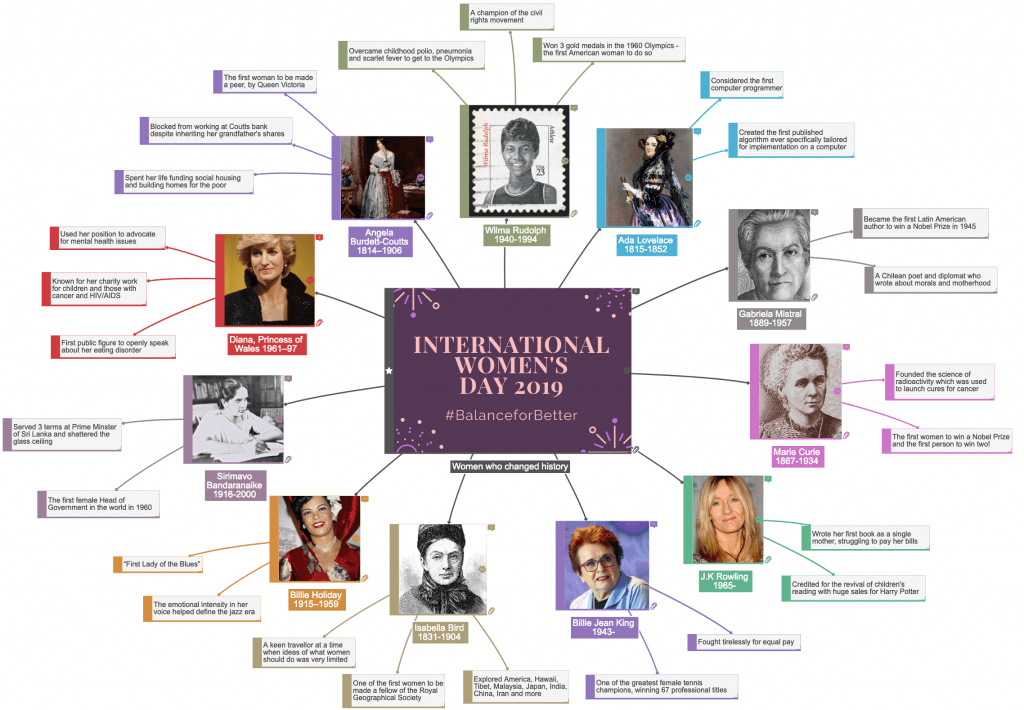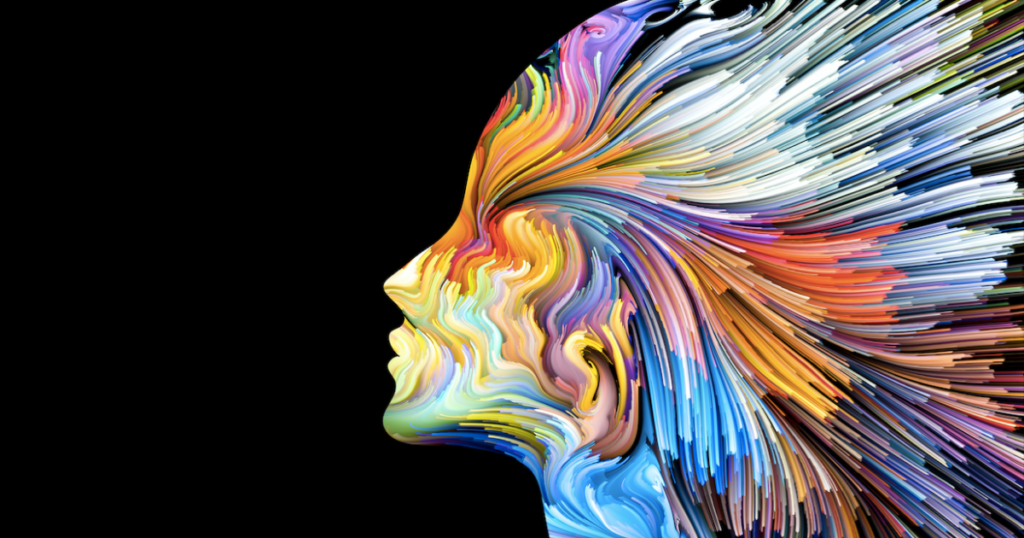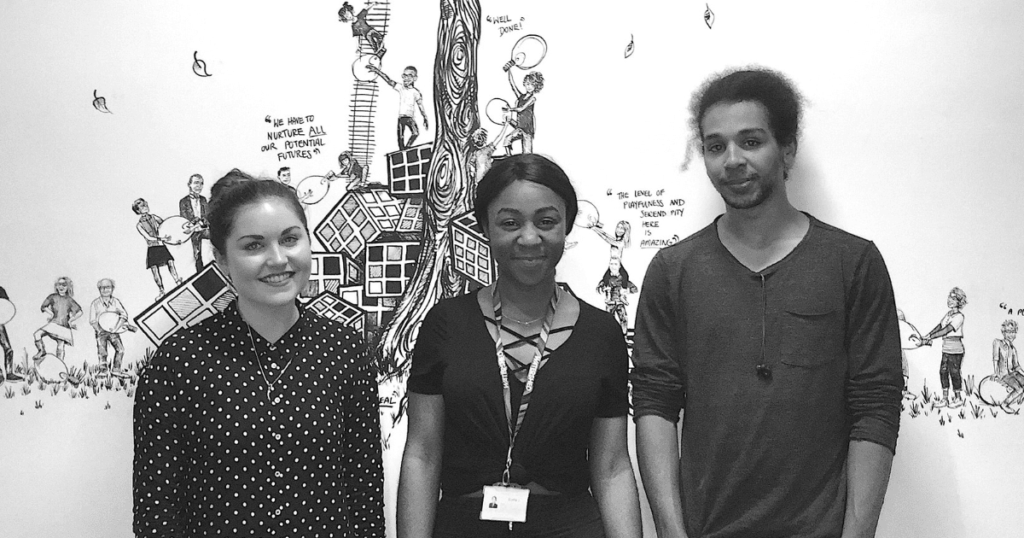#BalanceforBetter
International Women’s Day has been around in one form or another since the early 1900s, developing from the first ‘Women’s Day’ in America to today’s global celebration of women and their achievements, which unites people in 100 countries.
The themes have changed over the years, but International Women’s Day holds strong to its core values. With equality at its centre, a spotlight is put on the social, economic, cultural and political achievements of women – whilst, vitally, sharing a call to action for accelerating gender equality.
International Women’s Day dates back to 1909, when Theresa Malkiel of the Socialist Party of America suggested a day purely based around the celebration of women. The following year, inspired by the socialists in America, an International Socialist Women’s Conference was organised in Copenhagen, Denmark. One hundred women from 17 countries jumped on board to promote equal rights for women.
In 1911, over one million people in Austria, Denmark, Germany and Switzerland marked the first official International Women’s Day. Over 300 demonstrations were held, demanding the right to vote and hold public office, and calling an end to employment sex discrimination.
Since then, the fight has changed but the fire hasn’t been dampened. Both the Me Too and and Time’s Up movements are shocking reminders of why it’s so important to push for equality. International Women’s Day, celebrated on 8 March, encourages discussion and inspires action all over the world.
We are still a long way from true equality, but there’s no denying that society has made leaps and bounds in the last century. This year, we created a mind map to honour some of the women who made an impact.
Ada Lovelace
Lovelace’s legacy started when Charles Babbage asked her to translate a short article describing the Analytical Engine by Italian mathematician, Luigi Menabrea, for publication in England. When she translated it, she added notes making it three times the length of the original. In those notes were several early computer programmes which went on to inspire Turing when he created modern computers in the 1940s.
Although Lovelace died before she could see the results of her ideas, she’s still hailed as the ‘first computer programmer’ and is an icon to women in technology.
Marie Curie
Curie studied physics at the University of Paris, where she met her husband and collaborator, Pierre. From there, she went on to discover radium and polonium. Her pioneering research has changed the world. Not only were her discoveries integral to many cancer treatments, but when war broke out, she helped equip ambulances with x-rays and even drove them to the front line herself.
Curie struggled against the Russian regime in Poland, and when she moved to France she was distrusted as a foreigner, whilst also facing discrimination as a woman. Despite this, her commitment to science has saved lives all over the world and continues to inspire people to this day.
Angela Burdett-Coutts
It was a blessing in disguise when Burdett-Coutts was banned from working in the bank that she’d inherited shares for. She spent the rest of her life devoted to philanthropy and working to house the poor.
Burdett-Coutts was the first women to be named a peer, when Queen Victoria made her a baroness for her work. She was especially well known for her efforts in social housing, building homes for the poor, and financing numerous projects, including the redevelopment of East London
Diana, Princess of Wales
When Diana married Prince Charles, she used her new-found platform to make the world a kinder place. She fought for a number of causes from animal rights to the movement against the use of landmines.
Diana struggled with life as a public figure, but chose to speak about her eating disorder in the media to raise awareness. Throughout her tragically short life, Diana was an ambassador for many worthy causes and started many challenging conversations that helped change lives.
Isabella Bird
Bird lived in the time of Victorian restriction. Women were held to certain conventions of where they should go and what they should do. Bird defied all those conventions by becoming a world traveller. She climbed mountains and volcanoes and faced danger in countless countries.
Bird’s writing and photography of her adventures led her to be one of the first women to become a fellow of the Royal Geographical Society.
Gabriela Mistral
Lucila Godoy Alcayaga, known pseudonymously as Gabriela Mistral, wrote about morality and motherhood through her poems. She transferred these thoughts into her life as a diplomat. Her portrait appears on the 5,000 Chilean peso banknote to celebrate the fact that she was the first Latin American author to win the Nobel Prize for literature.
Sirimavo Bandaranaike
Bandaranaike became the first female Prime Minister of Sri Lanka in 1960. She served three terms between then and 2000, becoming a major role model for politically active women all around the world.
Bandaranaike smashed the glass ceiling in the country and inspired other women, helping them rise through the ranks in many industries.
Wilma Rudolph
Rudolph not only won three gold medals at the 1960 Olympics (the first American women to do so), but she overcame childhood polio, pneumonia and scarlet fever to do so.
After Rudolph’s Olympic triumph, she was heavily involved with the civil rights movement as well as goodwill ambassadorial work for the American Government in Africa.
Billie Holiday
Holiday was hailed as the ‘first lady of the blues’. With an astounding ability to communicate raw and powerful emotions through her voice, she was an important influence in the jazz and pop scene in America.
Holiday didn’t take the attention lightly and used her platform to speak about civil rights. Her song ‘Strange Fruits’ is considered to be an anthem of the movement.
J K Rowling
Rowling wrote her first book as a struggling single mother. Her original ‘Harry Potter’ pitch was rejected 12 times, but she persisted in her writing and went on to publish 7 Harry Potter books, which became immensely popular.
The series sold at such a high volume, Rowling was heavily credited with introducing children to the joys of reading. She became the first billionaire author, a status she lost after giving away so much money to charity.
Billie Jean King
King was a number one tennis player for many years, gaining 67 professional titles, including 20 at Wimbledon.
Perhaps her proudest title, though, was her defeat of Bobby Riggs (the former number one men’s tennis player) in the ‘Battle of the Sexes’, in front of 90 million viewers. This propelled her mission for equality, in sports in particular, and she was awarded the Presidential Medal of Freedom in 2009.
Happy International Women’s Day
We have been mind mapping these women because of their incredible contributions to society. The world has a long way to go before we achieve true equality, but we take inspiration from these women who changed history. Their passion, compassion and bravery continues to influence us. We can all be extraordinary. We can all change the world for the better. #BalanceforBetter
Happy International Women’s Day from Mind Map Pro. Take a closer look at our International Women’s Day mind map.




